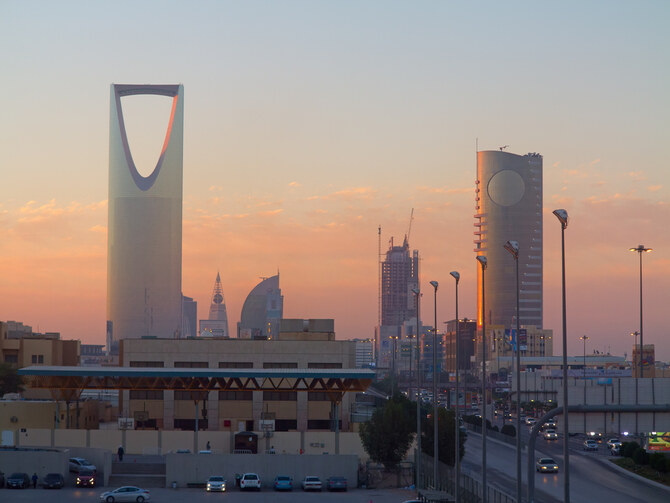
The services sector has been a significant contributor to this growth, driven by strong performances in retail, hospitality, and financial services. The tourism industry, in particular, has seen a resurgence following the easing of COVID-19 restrictions, aligning with the Kingdom's strategic push to enhance its global tourism appeal. Furthermore, the construction sector also played a crucial role in this expansion, benefiting from substantial government investments in infrastructure projects aimed at bolstering economic resilience and job creation.
Despite the global challenges presented by inflationary pressures and geopolitical tensions, Saudi Arabia's economic framework appears resilient. The government's proactive measures, including fiscal reforms and incentives for private sector participation, have bolstered investor confidence, fostering an environment conducive to business growth. Analysts highlight that the growth in the non-oil sector is indicative of a successful transition towards a more balanced economic model.
Recent initiatives aimed at fostering entrepreneurship and innovation have gained traction, resulting in an increase in start-ups and small businesses. The Ministry of Investment has launched several programs to attract foreign direct investment, showcasing the Kingdom as an emerging hub for technology and innovation in the region. This shift not only contributes to economic diversification but also enhances the local labor market by creating new job opportunities for Saudi citizens.
Economic experts emphasize the importance of maintaining this growth momentum. They advocate for continuous investment in human capital development and technological advancements to ensure long-term sustainability. As the Kingdom prepares for the future, collaboration between the public and private sectors will be essential in navigating challenges and maximizing growth potential.
The Kingdom's strategic investments in mega-projects like NEOM and the Red Sea Project signify a commitment to creating a sustainable economic future. These projects aim to attract international talent and investment, further enhancing Saudi Arabia's position in the global market. As the country leverages its natural resources to fuel economic development, the emphasis on sustainability will be paramount, ensuring that growth is both environmentally friendly and socially responsible.
The overall economic outlook for Saudi Arabia remains positive, with projections suggesting continued expansion in the non-oil sector for the remainder of the year. The World Bank and the International Monetary Fund have both expressed optimism regarding the Kingdom's economic prospects, highlighting its strategic reforms and the diversification of its economic base.
Analysts note that the resilience of the non-oil economy is critical for maintaining overall economic stability. As the global economy grapples with uncertainties, the emphasis on diversifying revenue streams will help mitigate the impacts of oil market volatility. This strategic focus not only enhances fiscal sustainability but also prepares the Kingdom for potential economic shocks in the future.
The expansion of the non-oil sector is also mirrored by positive labor market developments, with an increase in job opportunities across various industries. The government's commitment to increasing female workforce participation and supporting youth employment has played a pivotal role in this positive trend. Programs aimed at equipping the workforce with relevant skills are expected to further enhance employability and productivity in the non-oil sectors.
The recent growth figures underscore the effectiveness of Saudi Arabia's economic policies and the potential for sustained growth. As the nation continues to adapt to changing global dynamics, maintaining this trajectory will be crucial for achieving the ambitious goals set forth in Vision 2030. Stakeholders across sectors are encouraged to collaborate and innovate to drive progress and enhance the overall economic landscape.
The strong performance of the non-oil economy presents a significant opportunity for foreign investors looking to enter the Saudi market. The government's initiatives to streamline regulatory processes and create a more business-friendly environment are key to attracting investment and fostering entrepreneurship. As the Kingdom positions itself as a competitive player in the global market, the potential for growth in sectors such as technology, renewable energy, and healthcare remains vast.
